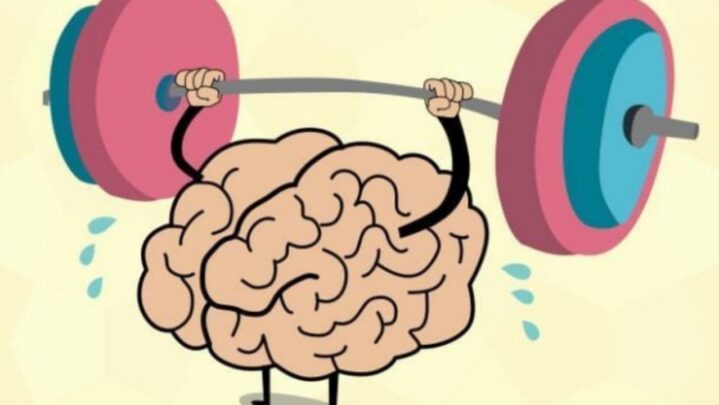Even if you don’t have a mental health problem, regular physical activity can improve your attitude, outlook, and mental health.
Exercising can assist with:
The ability to remember and reason has improved.
Endorphins help with concentration and mental sharpness for the tasks at hand, in addition to helping you feel better.
Exercise also helps to prevent age-related degeneration by promoting the production of new brain cells.
Self-esteem has risen.
Regular exercise is an investment in your mind, body, and spirit.
If you make it a habit, it can increase your self-esteem and make you feel strong.
Completing even small training goals can make you feel better about yourself and give you a sense of accomplishment.
Added vigour.
You’ll feel more energised if you raise your heart rate a few times a week.
Begin by exercising for a few minutes each day and gradually increase if you feel more energised.
Greater resiliency.
When dealing with mental or emotional problems, exercise can help you build resilience and cope in a healthy way, rather than relying on alcohol, drugs, or other unhealthy behaviours that only serve to intensify your symptoms.
Regular exercise can also help you build a stronger immune system and reduce the negative effects of stress.
Also Read: The ‘Secret’ To Properly Managing Diabetes Is To Live A Healthy Lifestyle





